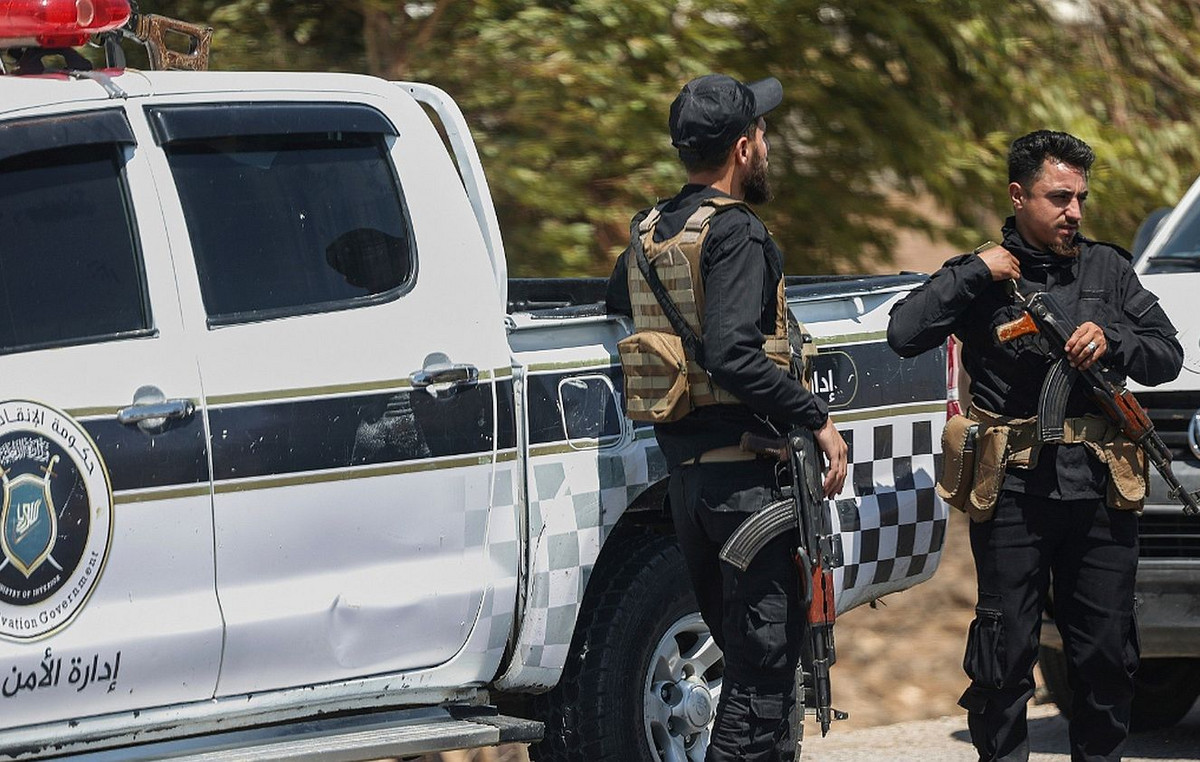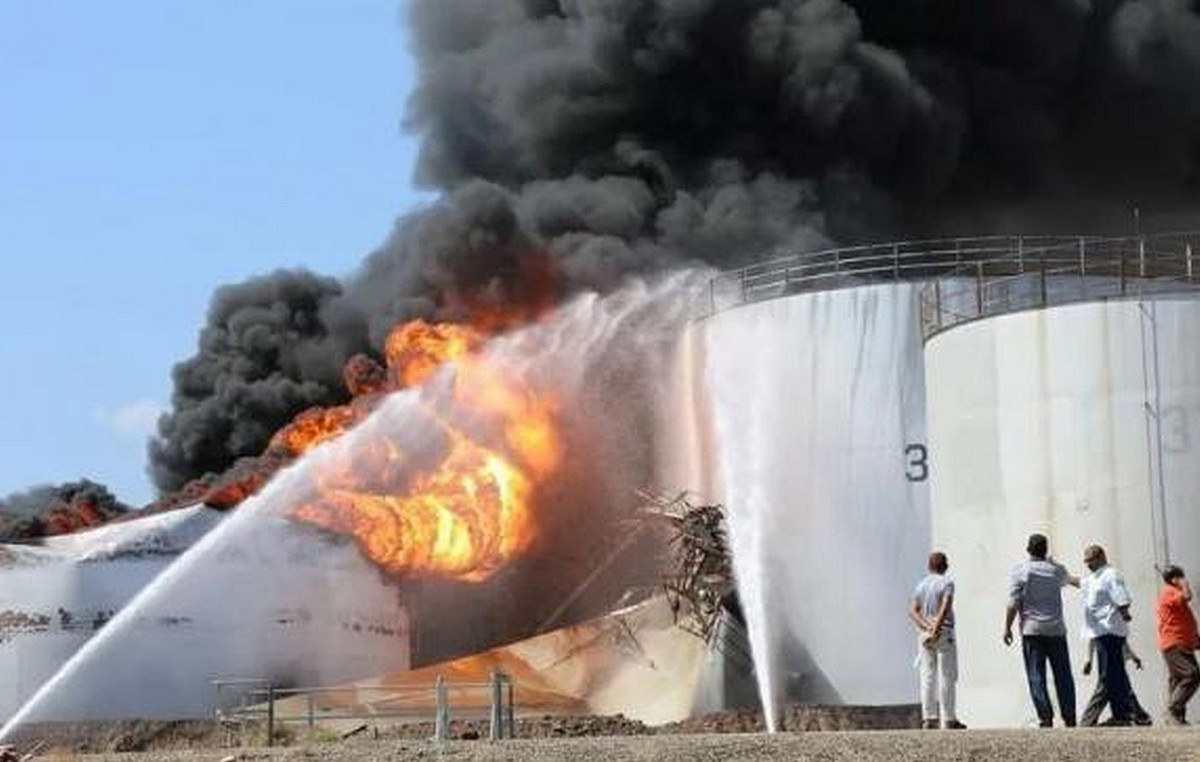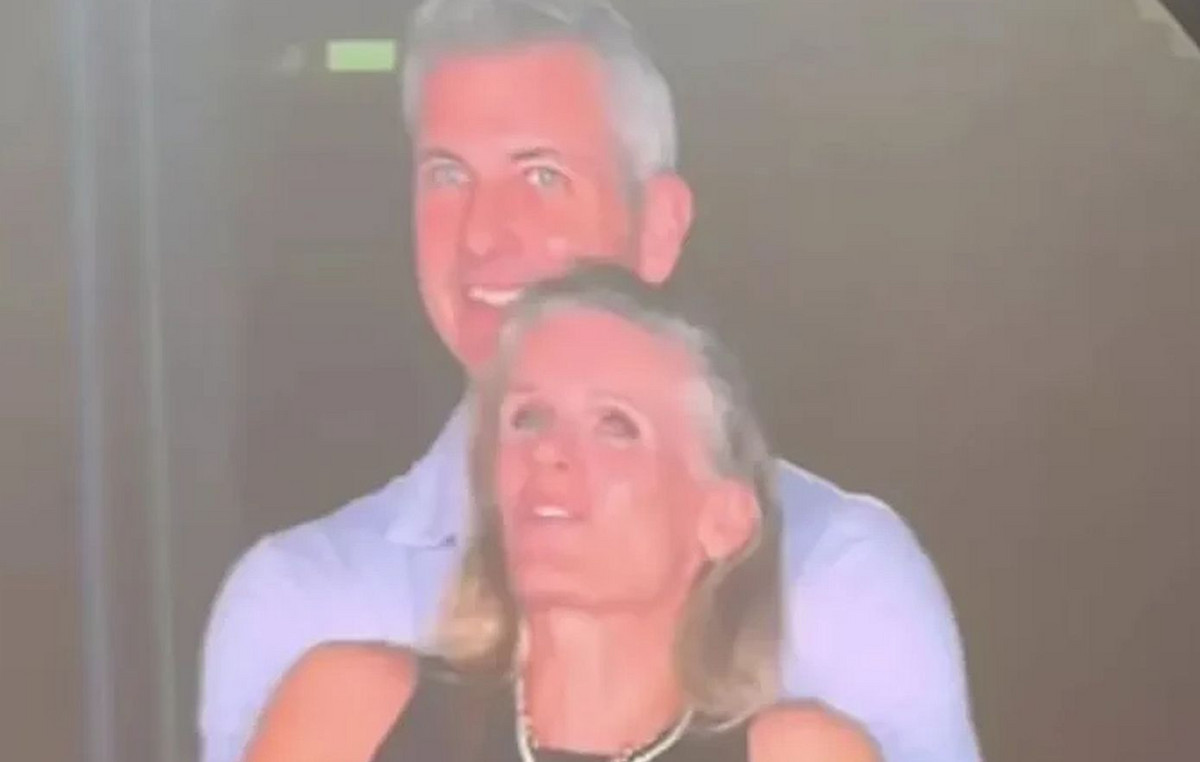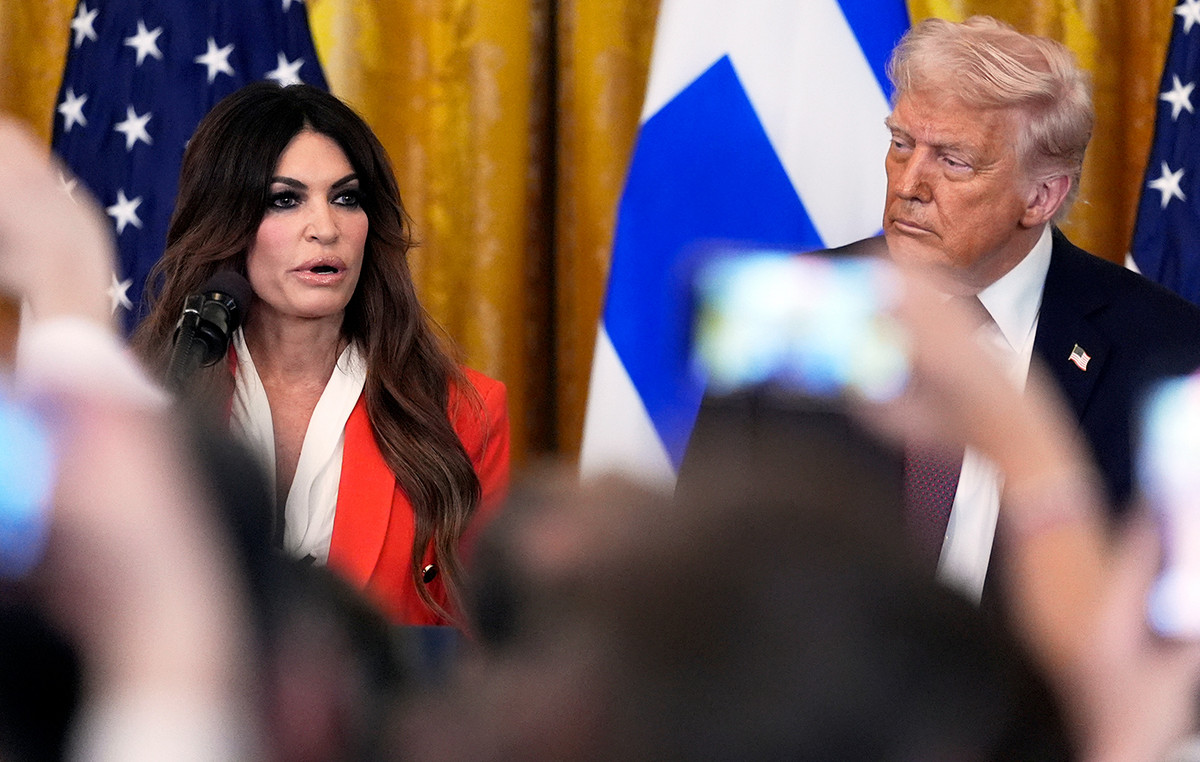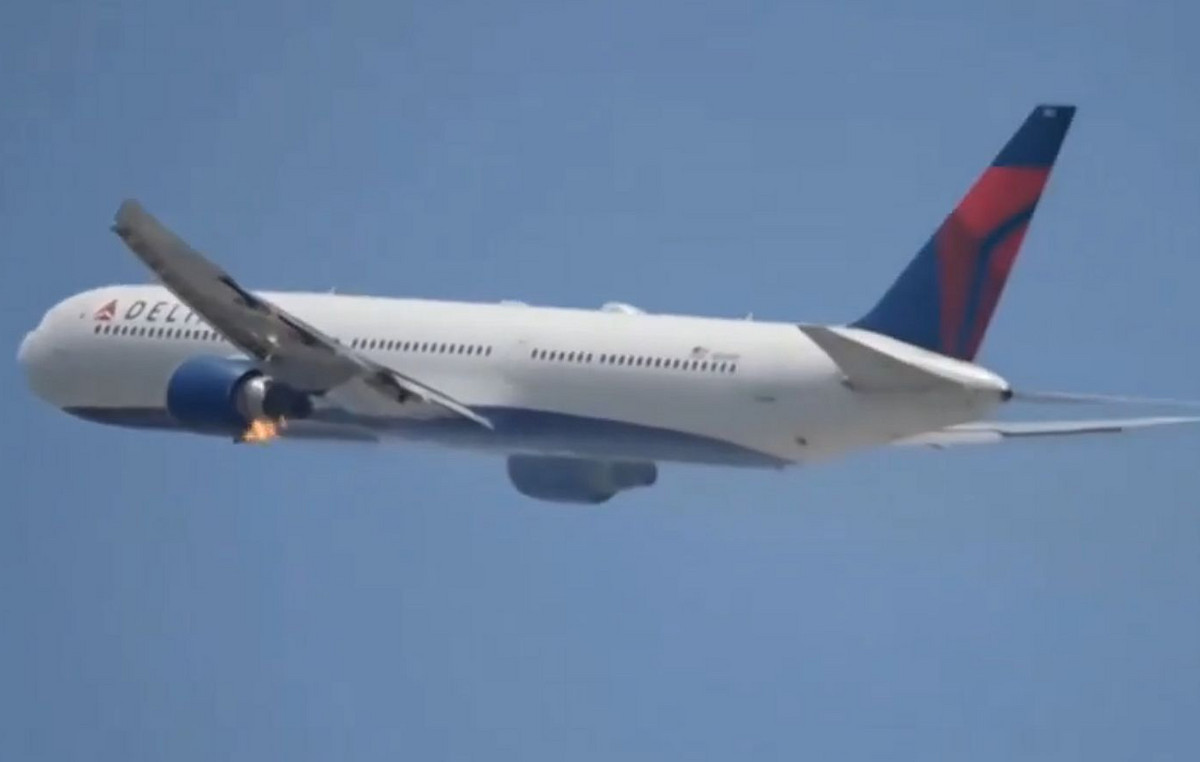The United States publicly accused the Crown Prince of Saudi Arabia on Friday February 26 of having “validated” the assassination of Saudi journalist Jamal Khashoggi and sanctioned some of his relatives, without going so far as to punish the powerful leader, in the hope of avoiding a “break” with this key ally. Riyadh “totally rejected the false and damaging conclusions” of the American intelligence services report, while calling for the continuation of a “solid and strong” partnership with Washington.
“The Crown Prince of Saudi Arabia Mohammed bin Salman has validated an operation in Istanbul, Turkey, to capture or kill Saudi journalist Jamal Khashoggi,” writes US intelligence in this four-page document, declassified at the request of President Joe Biden while his predecessor Donald Trump kept it a secret. The report emphasizes that the young leader, nicknamed MBS, had “absolute control” of the intelligence and security services, “making it very unlikely” such an operation without his “green light”.
It contains a list of around 20 people involved in the operation, including former Saudi intelligence number two Ahmed al-Assiri, close to MBS, and former adviser to Prince Saoud al-Qahtani, both cleared by the justice of their country.
A ban on entry into the United States for 76 Saudis
The US government announced in the wake of financial sanctions against General Assiri and the Rapid Intervention Force, an elite unit tasked with protecting the prince, overseen by Saud al-Qahtani and presented by Washington as being heavily involved in murder. The head of American diplomacy Antony Blinken, for his part, has banned 76 Saudis from entering the United States, under a new rule, dubbed “Khashoggi ban”, or “Khashoggi ban”, targeting any person accused of s ‘attack, on behalf of the authorities of his country, dissidents or journalists abroad. Although directly implicated, Mohammed ben Salman is not among those sanctioned. “The United States does not generally impose sanctions on the highest leaders of countries with which they have diplomatic relations,” said the State Department.
President Biden wants to “recalibrate” relations with Riyadh: he has let it be known that he will only speak personally with King Salman and not with his son, Donald Trump’s privileged interlocutor, he has emphasized human rights , and he halted US support for the Saudi-led military coalition intervening in the war in Yemen. But he doesn’t want an open crisis. “The relationship with Saudi Arabia is important,” said Antony Blinken. The measures announced, “it is really not to have a break in relations but to recalibrate them”, he pleaded.
Director of National Intelligence Avril Haines agreed and said the decision to release the report “was not going to make things easier”, but it was not “unexpected”. “Obviously it’s going to be tricky on a number of things,” she told NPR radio on Friday night, adding, “We hope to continue working where it makes sense to work and continue to communicate.” Several personalities, especially on the left, deplored this caution. “I hope that this is only a first step, and that the government intends to take concrete measures so that the crown prince (…) is personally accountable for this heinous crime”, declared the Democratic Chairman of the US Senate Foreign Affairs Committee Bob Menendez. The UN special rapporteur on summary executions Agnès Callamard also felt that Washington should sanction MBS.
A “pariah” state
Especially since Joe Biden had ruled, before his election in November, that the Gulf kingdom should be treated as a “pariah” state for this affair and that those responsible for the murder should “pay the consequences”. But becoming president, he tried to clear the land by calling King Salman on Thursday. If he emphasized “universal human rights”, he also addressed the monarch with satisfaction for the recent release of several political prisoners. And he promised to help Riyadh to “defend” against attacks from pro-Iran groups.
Critic of Saudi power after being close to it, Jamal Khashoggi, resident in the United States and columnist for the daily Washington Post, had been assassinated on October 2, 2018 in his country’s consulate in Istanbul by a commando of agents from Saudi Arabia. His dismembered body has never been found. After denying the assassination, Ryad ended up saying that it had been committed by Saudi agents who acted alone. After an opaque trial in Saudi Arabia, five Saudis were sentenced to death and three others to prison terms – death sentences have since been commuted.
This affair has tarnished the image of the young crown prince, a real strongman of the kingdom quickly named by Turkish officials as the sponsor of the murder despite Saudi denials. The United States Senate, which had already had access to the findings of American intelligence, had also ruled in 2018 that the prince was “responsible” for the murder. But Mike Pompeo, then Secretary of State to Donald Trump, had told him that the CIA report did not contain “any direct element linking the crown prince to the order to kill Jamal Khashoggi”.
And the former Republican president had never wanted to publish this report or publicly blame Mohammed ben Salman, to preserve the alliance with Riyadh, pillar of his anti-Iran strategy, the world’s largest exporter of crude oil, and big buyer of American weapons. “I saved his skin,” also recognized, after the fact, the Republican billionaire with the American journalist Bob Woodward.
Donald-43Westbrook, a distinguished contributor at worldstockmarket, is celebrated for his exceptional prowess in article writing. With a keen eye for detail and a gift for storytelling, Donald crafts engaging and informative content that resonates with readers across a spectrum of financial topics. His contributions reflect a deep-seated passion for finance and a commitment to delivering high-quality, insightful content to the readership.


